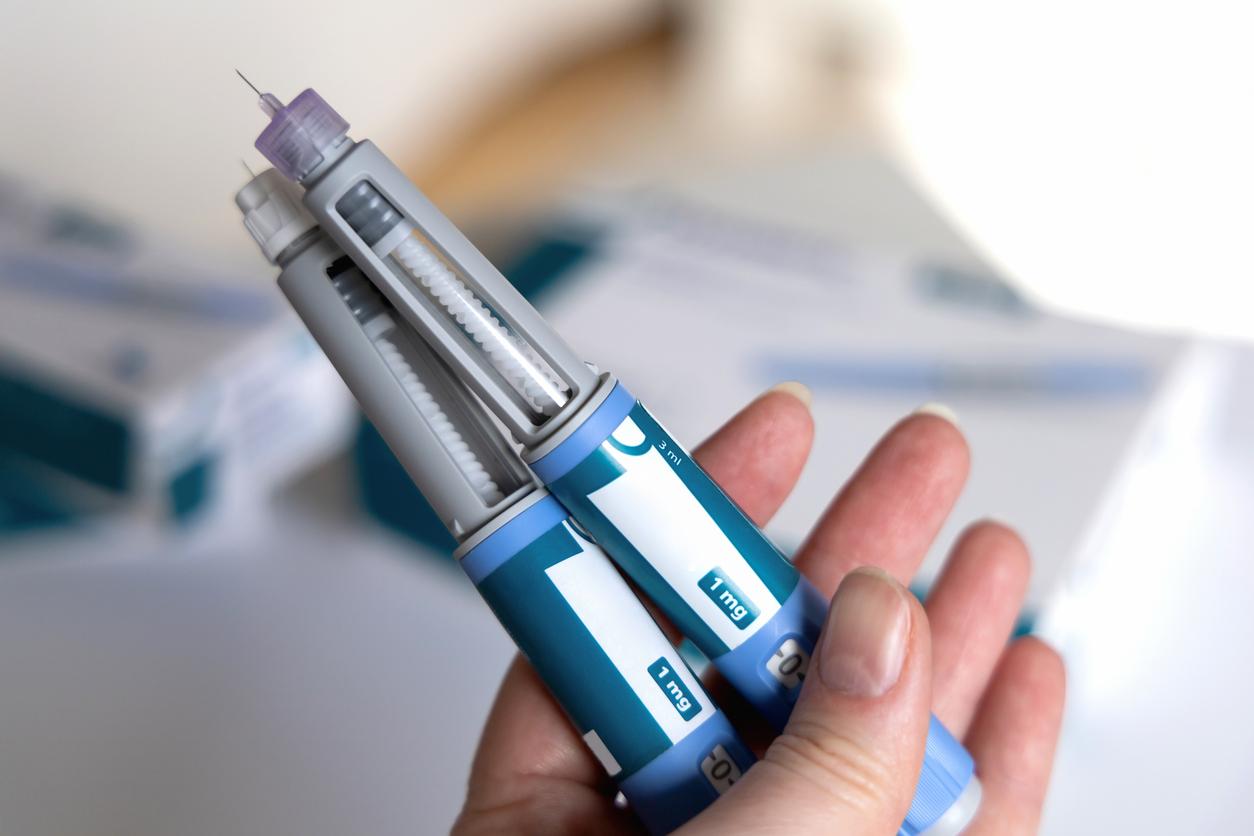October 17, 2003 – Once its decorative functions are completed on October 31, don’t throw away your old pumpkin: its nutritious properties could fight both diabetes and benign prostatic hyperplasia (BPH).
First, Finnish researchers discovered1 that carotenoids, a substance that pumpkins are full of that gives their flesh an orangey color, reduce the risk of developing type 2 diabetes in men with a family history of the disease. The study, which focused exclusively on food-source carotenoids, could not determine whether they have the same protective effect in women.
Carotenoids encompass several substances, and those studied in this study are alpha-carotene, beta-carotene, lycopene, alpha-tocopherol, and gamma-tocopherol. In addition to pumpkins, depending on the substance in question, they are found in many foods, such as carrots, spinach, kale and tomatoes.
Pumpkin seeds, on the other hand, could provide relief for men with benign prostatic hyperplasia, or even prevent the disease altogether.
The exact nature of their effectiveness remains unclear, but some believe that the phytosterols they contain may act as a diuretic, making urination easier and reducing discomfort, or even reducing the size of the prostate.
Jean-Benoit Legault – PasseportSanté.net
According to Prevention; October and November 2003.
1. Ylonen K, Alfthan G, Groop L, Saloranta C, Aro A, Virtanen SM. Dietary intakes and plasma concentrations of carotenoids and tocopherols in relation to glucose metabolism in subjects at high risk of type 2 diabetes: the Botnia Dietary Study. Am J Clin Nutr 2003 Jun; 77 (6): 1434-41.















